It’s Halloween, and right on lightning-flash cue enters an operatic ghost story exhumed from the grave of long-since-buried works. You couldn’t hope for more discerning grave-robbers than Wexford Festival Opera, however, who have long made it their mission to bring forgotten operas back to life. Mascagni’s Guglielmo Ratcliff is a proper blood-on-the-tartan gothic thriller, all duels, doomed lovers, fainting heroines and family curses, with a score as fleshy with tunes as the composer’s more famous Cavalleria rusticana — think Lucia di Lammermoor without the fey bel canto warblings.
So why so long neglected? There are no musical mad wives lurking in Guglielmo Ratcliff’s attic, but there are more than a few technical demons. The vocal writing for Ratcliff himself is so unremitting, so high-lying that only a handful of tenors have felt capable of tackling the role. Extended monologue ‘Non altro che delirio’ became a showpiece for José Cura, but otherwise takers for the murderous lover’s operatic vendetta have been few. Which is a criminal shame, because — as Fabio Ceresa’s stylish production makes clear — this really is a classic, blending verismo’s musical directness with a Romantic excess of plot and emotion.
Stripping away any kilt-wearing kitschery, designers Tiziano Santi and Giuseppe Palella drain the 19th-century setting of colour, placing us in an elegant frozen scene — a fantasy of wolfskins and white brocade where the doomed characters exist in a sort of half-life, caught between this world and the next. The stalking figure of mad Margherita (wild-eyed mezzo Annunziata Vestri) haunts the scene, drip-feeding us with ominous back story.
Yes, there’s a little too much narrating and not quite enough doing (patriarch MacGregor spends most of Act I bringing the audience and daughter Maria’s suitor Douglas up to speed) but when the music speaks so vividly you don’t miss the visual drama. Conducted by Francesco Cilluffo, Wexford’s Festival Orchestra strings swagger and brass thrust, spreading out a soundscape filled with all the colours blanched from the set.
Ratcliff stands or falls by its anti-hero, and Angelo Villari takes a fine stab at the role (as well as his love rivals). With such power, so many flashes of beauty, not to mention such endurance on display, it seems ungrateful to linger on the rougher edges and dips in intonation that occasionally blot the delivery. David Stout’s Douglas — the plot’s sole survivor — makes a solid vocal foil, with Mariangela Sicilia’s Maria an ardent lover. Vestri’s Margherita steps forward from the vocal shadows for her massive Act IV aria — a welcome contrast to the opera’s male voice-dominated central section. Make sure you catch the live Radio 3 broadcast on 31 October.
If Ratcliff is the late-blooming star of this year’s festival, then Koanga is the problem child. Delius’s 1897 opera takes inspiration from the composer’s time in Florida, managing an orange plantation. The result is a work whose slavery subject-matter is so heavily spiced with voodoo mysticism, whose lofty philosophising is so bogged down in its lumpen and overloaded libretto (‘Africa! Land of his fathers! Glowing in splendour with radiance gleaming’) that its lush score barely stands a chance.
Koanga himself is the Oroonoko-style hero of the piece — a captured African prince, noble savage par excellence. In hopes of breaking his stubborn will, the plantation’s owner José Martinez plots to marry him to seductive mulatto slave Palmyra (Nozuko Teto), only thwarted by estate manager Simon Perez who kidnaps the unwilling Palmyra for himself. Voodoo curses, death and suicide follow with undramatic haste.
Faced with such challenges, director Michael Gieleta makes a tasteful and largely effective intervention, his action framed in James Macnamara’s sun-bleached box of a set. Norman Garrett’s Koanga dominates physically, his voice a stream of legato tone that drowns all consonants in its flood, but vocally it’s Teto’s bright, assertive soprano that catches the ear, at its finest in conflict with Kate Allen’s darker, fuller Clotilda.
But the score really is the thing here — ecstatic as only Delius can be, heavy with hazy strings and melodies that just don’t quit. Much-needed rhythmic energy is provided by the catchy La Calinda, and orchestral colour supplemented by two prescient banjos that anticipate Porgy and Bess and its ilk by a good 40 years.
Fatally flawed but with some heroic musical moments, Koanga is exactly the kind of show only Wexford could — or would — dare stage. A world-class opera festival specialising in obscure rarities based in a tiny coastal town — Wexford is the ultimate Irish joke. The punchline? It’s bloody brilliant.
Got something to add? Join the discussion and comment below.
Get 10 issues for just $10
Subscribe to The Spectator Australia today for the next 10 magazine issues, plus full online access, for just $10.

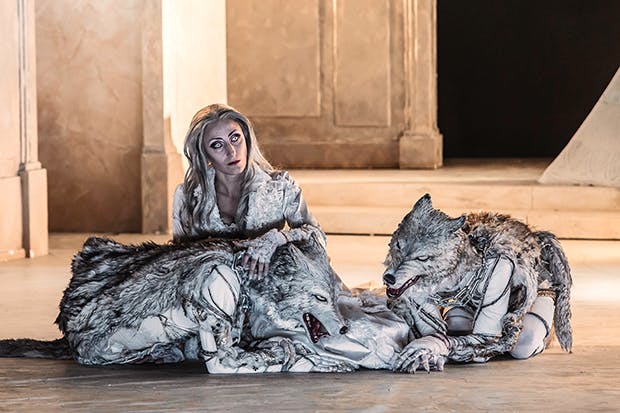
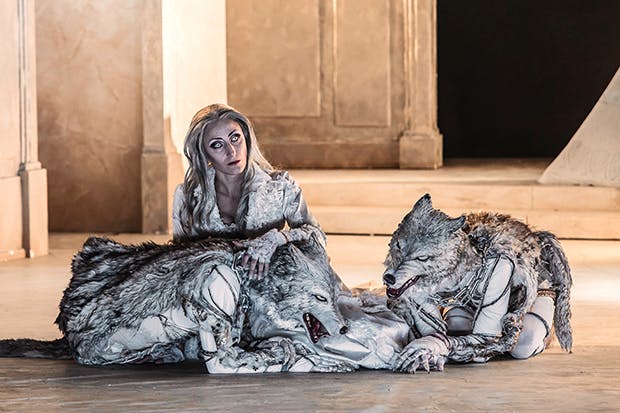

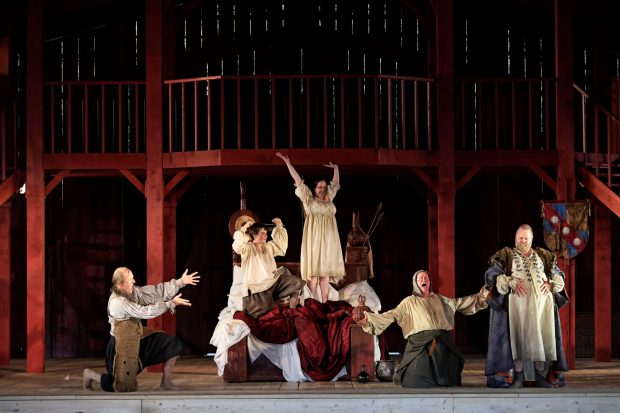
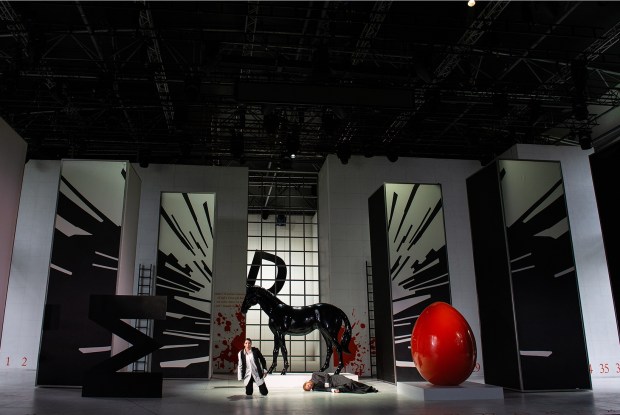
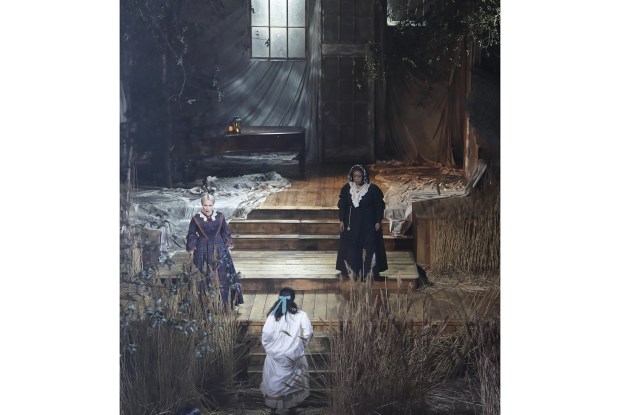
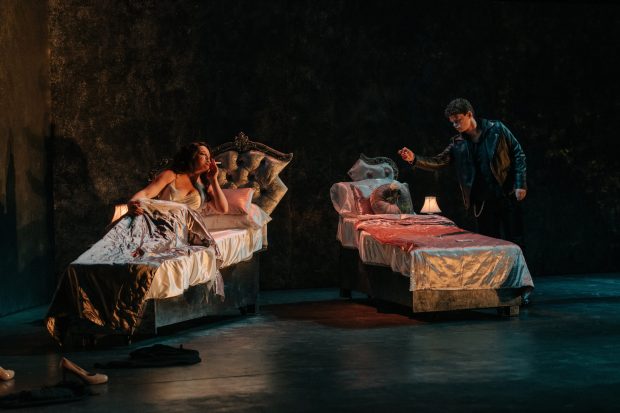






Comments
Don't miss out
Join the conversation with other Spectator Australia readers. Subscribe to leave a comment.
SUBSCRIBEAlready a subscriber? Log in